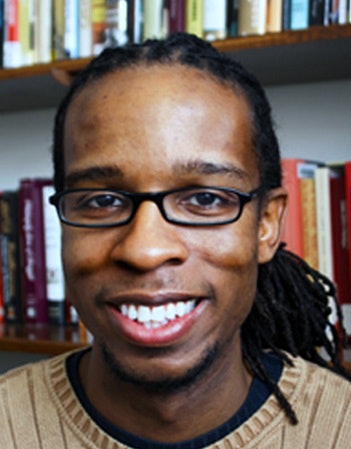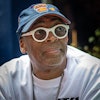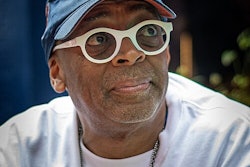
The Los Angeles Times called him “one of the most prominent and controversial African American voices in the world of American letters.” The newspaper also touted him as the leader of the Black Arts Movement, as did CNN, in a piece that underscored his controversial poem, “Somebody Blew Up America,” which questioned the Bush administration’s explanation of 9/11. NPR mentioned he was an award-winning playwright and highlighted his 1963 “sociocultural history of African-American music,” Blues People, as one of his “crowning achievements.” After learning of his death, I tweeted he was “the Male Poet of the Sixties.” The New York Times termed him a “polarizing” figure of “pulsating rage.” He “embodied” the Black Power Movement, according to The Wall Street Journal. For Professor James Braxton Peterson in The Grio, four contributions stood out: organizer of political conventions in Newark, N.J., in 1969 and Gary, Ind., in 1972, his challenging of artists to engage in political activism, and being “a literary virtuoso.”
Amiri Baraka’s legacy is rich — pioneering, prominent poet, author, playwright, activist and organizer. But a major chapter is often left out in the recent attempts to share his story and define his legacy — pioneering, prominent professor. We can easily forget that Baraka spent about one-third of his life in academia. He professed in a few temporary positions before becoming tenured in Africana Studies at Stony Brook University, retiring in 1994. His “presence” in academia, as historian Peniel Joseph wrote in The Root, “served as a living testament to the political struggles of the 1960s.”
Some have mentioned his professorships, but I have yet to see anyone disclose the history he made as a professor. He was a member of the inaugural class of Black Studies faculty.
In the spring of 1967, the year-old Black Student Union at San Francisco State established the first known Black Studies program in American higher education history. The previous fall, the BSU had managed courses in the “Black Arts and Culture Series” in the college’s nationally renowned Experimental College. BSU members had taken their series of courses out of the Experimental College and convinced various departments to sponsor them for credit in the spring, calling the collection of courses, Black Studies.
Before the spring semester, bankrolled by student activities’ money, BSU president Jimmy Garrett traveled to Newark and asked Baraka (LeRoi Jones at the time) to accept a visiting professorship at San Francisco State. “Garrett had impressed me as a deeply serious and willingly militant young man,” Baraka wrote in his autobiography. Baraka accepted and traveled to San Francisco to become a member of the inaugural class of Black Studies faculty in the spring of 1967.
In addition to his campus work, Baraka organized a company of students and community members that performed a repertory of plays throughout the Bay Area. (His company jumpstarted the acting career of San Francisco State student Danny Glover). Aided by the likes of Sonia Sanchez, Ed Bullins, Marvin X Jackson, Emory Douglas and the BSU at San Francisco State, and supported by the newly organized Black Panther Party over in Oakland, “We created a dynamic movement and program that reflected the tide of the times,” Baraka remembered. To Baraka and the student founders, Black Studies was, at its core, oriented towards manufacturing the intellectual tools to enhance the lives of people of African descent.
We must remember that Baraka helped raise the tide of the times for Black Studies, gushing from San Francisco State in the spring of 1967 to hundreds of colleges across the nation by 1970. The heart of any discipline is its faculty, while the students are the blood that circulates through society. Unlike other disciplines, however, students created Black Studies, and created the heart, as first embodied in Amiri Baraka.
In the discipline’s inaugural spring of 1967, Baraka represented the academic potential, the social significance, the intellectual creativity and the liberating power of the Black Studies idea to the students who risked their lives over the next few years demanding and protesting for Black Studies at San Francisco State and beyond. We can never forget Amiri Baraka stood at the starting line of Black Studies.
Dr. Ibram X. Kendi (formerly Ibram H. Rogers) is an assistant professor of Africana studies at the University at Albany—SUNY. He is the author of The Black Campus Movement: Black Students and the Racial Reconstitution of Higher Education, 1965-1972. Follow on Twitter @DrIbram


















